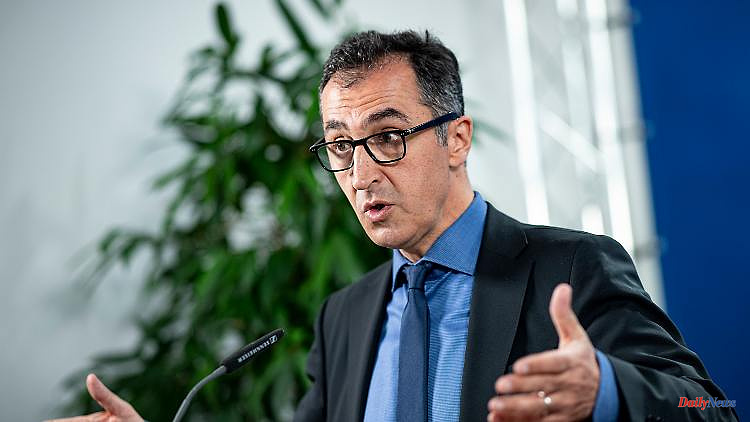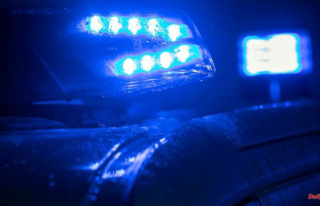Since 2019, supermarket chains have been classifying the way pigs, poultry and cattle are kept. Minister of Agriculture Özdemir now also wants to introduce five levels of state labelling. Contrary to what was originally planned, the seal should be mandatory.
Minister of Agriculture Cem Özdemir is aiming for a five-stage model for state animal husbandry labeling for meat and sausages. The cornerstones, which the Greens politician presented at a press conference in Berlin, provide for the forms of husbandry "stable", "stable and space", "fresh air stable", "outdoor/outdoor" and "organic". They mainly differ in how much space the animals have and how comfortable their stalls are equipped. According to Özdemir's plans, mandatory state labeling should start in the course of the coming year - but initially only for pork.
Many customers are already familiar with similar logos on packs, but these are not regulated by the state. Since 2019, the supermarket chains have been labeled with the imprint “Hungry” which includes pork, poultry and beef meat. It has four levels: from the legal standard in level 1 called "barn housing" to level 2 "barn housing plus" and level 3 "outdoor climate" to level 4 "premium" with outdoor exercise, which also includes organic meat. This marking should also remain in place for some time in parallel with the state one, especially since it already exists for several animal species.
How the state logo should look exactly is still open. It is clear that a different approach is now at stake than the one that was discussed for a long time, namely mandatory labeling for all forms of husbandry instead of a voluntary seal only for better forms of husbandry. Most recently, Özdemir's predecessor Julia Klöckner wanted to put an animal welfare logo on the shelves with requirements above the legal standard - however, the implementation of the plans failed.
A total of one billion euros has been earmarked in the federal budget for start-up financing for the conversion of the barn by 2026. Özdemir admitted that this amount is not enough. For further financing, there is still a "need for clarification" within the coalition, said the minister. "Anyone who uses animals also has a duty to keep them well," emphasized Özdemir. He wants to work to "ensure that good meat from Germany will still be on our tables tomorrow." Proposals such as higher VAT or an "animal welfare tax" have so far been rejected, especially by the FDP.
The Green Party leader Ricarda Lang is pushing for an early agreement. "Through reliability and predictability, we support the companies that convert their stables for more animal welfare, and also secure animal husbandry in Germany in the future," said the co-chair. In order for the conversion to succeed, however, long-term secured financing is urgently needed - "the coalition will have to agree on this in a timely manner".












